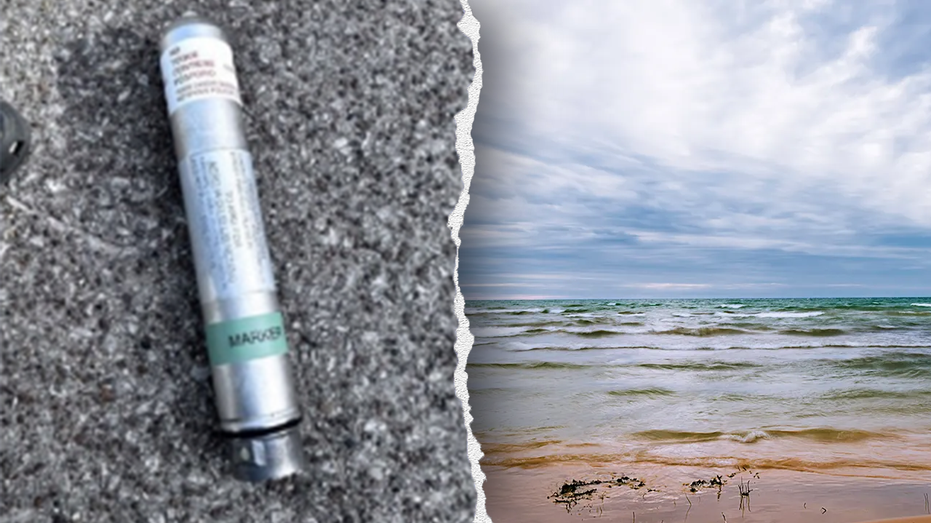Urgent Safety Alert: Missing Military Flares Raise Alarm for Lake Michigan Beach Visitors
Coast Guard warns of unaccounted phosphorus pyrotechnics in Lake Michigan, urging caution for beach visitors

The U.S. Coast Guard has issued a warning to beachgoers along the Lake Michigan shoreline after several dangerous military flares went missing during a recent training exercise. Officials are urging the public to avoid any unfamiliar silver-colored cylinders they may encounter, as these could be armed phosphorus pyrotechnic flares.
According to Coast Guard Sector Lake Michigan, the incident occurred earlier this month during a joint military drill with the Air Force off the coast of Milwaukee. Of the four phosphorus-based pyrotechnics deployed during the operation, none activated upon their release into the water as intended. The Coast Guard reported that three of these devices remain unaccounted for as of this week.
One flare was discovered on Montrose Beach in Illinois on May 26 by a lifeguard, but authorities stress that the remaining three still pose a significant risk. Until they are safely recovered, officials warn that the unexploded devices may be present anywhere along the shoreline.
“Members of the public should remain clear and not handle these objects if found,” cautioned a Coast Guard representative. “These flares are considered armed and could activate unexpectedly, resulting in serious injury or worse.”
Phosphorus pyrotechnics are designed to emit an intense red smoke and flame, and they are capable of burning at temperatures up to 2,900 degrees Fahrenheit. Military officials highlight that even after failing to deploy properly, the devices still contain live material and should be considered extremely hazardous.
The Coast Guard is working in coordination with local authorities to locate and recover the missing flares. They urge anyone who encounters a suspicious device matching the description to immediately notify emergency services rather than attempting to move or examine it.




